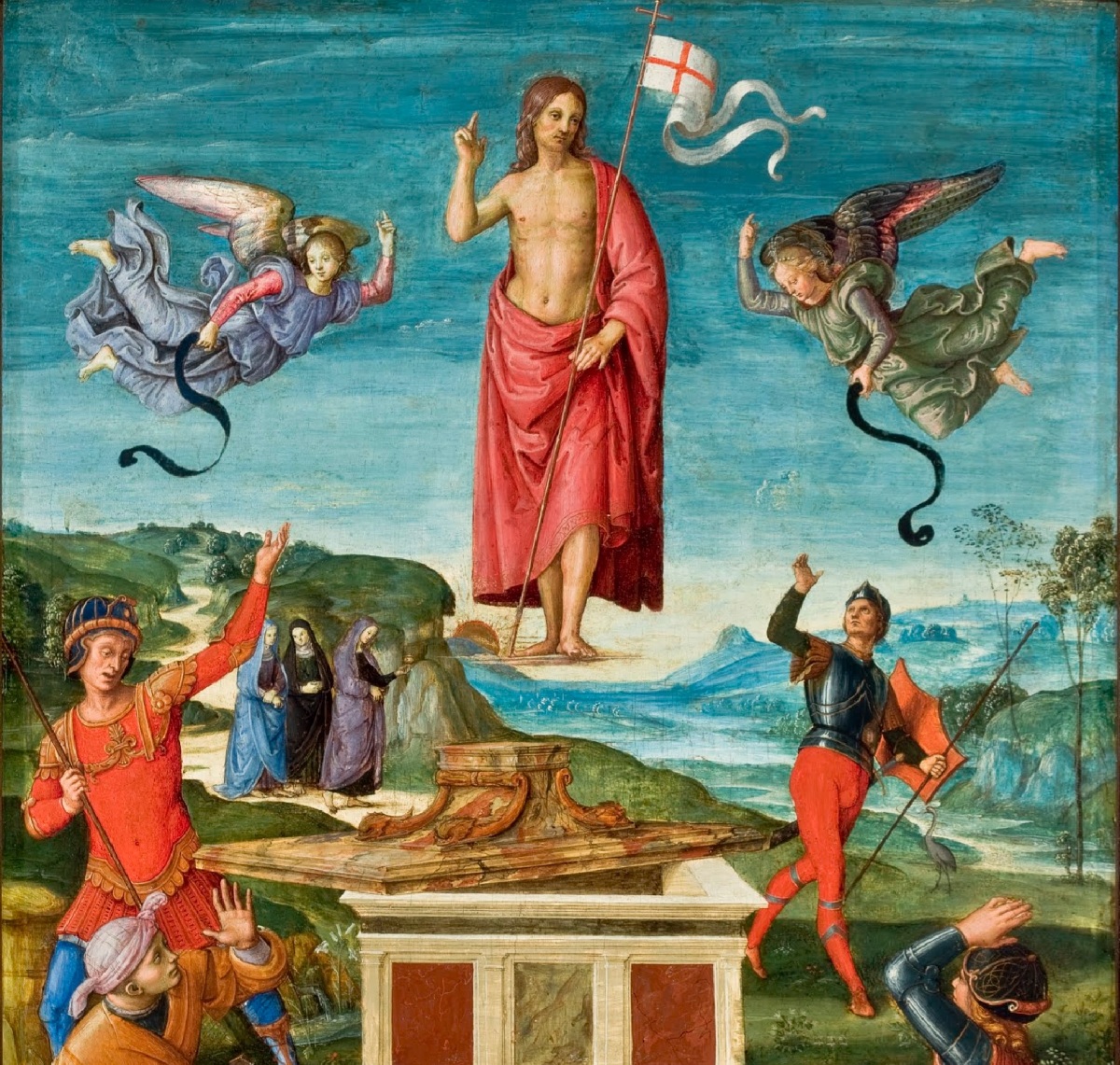I don’t know about you, but I’m having trouble summoning up the Christmas spirit this year. Thanksgiving is over and now our culture is trying to force us into full on Christmas celebratory mode. Our culture wants us to give into the swelling wave of sickening consumeristic bacchanalia. But, I want to ask a question: is it the time for feasting yet? Is it a time for emptying our pocketbooks on ourselves just yet? Should we push back against our culture just a little, this year of all years?
How can we feast while a great American city burns? While a family mourns the reality that no one will be held accountable for the death of their son? While brothers and sisters cry out against what they see as systematic oppression, and folks across the racial and socio-economic divide struggle to listen? How can we feast while Ebola ravages the people of West Africa and threatens to move in on other parts of our world and while now the bubonic plague is becoming a threat to the people of Madagascar? How can we celebrate when campus rape culture has been exposed to be a system where victims are not always protected and the reputations of venerated institutions are instead? How can we go into full on Christmas mode when tanks continue to line up in Ukraine and heads continue to roll in Syria and Iraq? How can we feast when millions upon millions of poor immigrants and refugees in our own country struggle to meet the basic necessities of life? How can we be so tone deaf as a culture? Before we feast and celebrate, would it be appropriate to stop and pray and fast for the many sad things we see around us?
The great history and tradition of the Church may have an answer for us. You see, traditionally there was a preparatory season of prayer and fasting that preceded Christmas. Christmas is not just a day, but a season of the Church year and a time of celebration in the life of the Church. And while we are seemingly always ready to remind others to keep the Christ in Christmas, let us also remember that this feast of Christmas must also be kept in its proper season and its proper proportion. As long as there has been a feast of Christmas, there has also been a preparatory time that preceded the great feast, a period that the Church has called Advent.
Traditionally, the Christmas celebration season followed Christmas Day, while the season that preceded Christmas Day was set aside for preparatory prayer, meditation, and fasting. So while we are keeping the Christ in Christmas, let us also remember to keep a holy Advent to prepare for his coming.
What is Advent? In short, Advent is a season for us to cry out against the brokenness, the injustice, the sin, the disease, the hurt, the oppression, and the fallenness of this world. Advent is a time for us all to hit pause for a moment and as a church, as a human race, to pray and cry out to God to come and fix our broken world. Ultimately God, the All-Powerful Creator and Sustainer of all things, is the only one who can fix our world in a lasting way. But we must not forget that God, while he can intervene supernaturally, almost always uses people to meet his ends in this world. So while we are praying and fasting, let us also be doing. James says, let us not be hearers of the word only, but also doers. Pure religion he says is to serve widows and orphans – to love the poor and the foreigner; the oppressed and downtrodden – to welcome, to host, to listen, and to serve. In short, to love my neighbor as myself. Who is my neighbor, you ask? Friends, who is not your neighbor?
So Advent is a time to pray, a time to fast, a time to listen, and a time to do. If it seems that feasting may be inappropriate this year, or any year, let us first prepare our hearts for the feast. We will feast – we will eat and drink and celebrate the incarnation of the Son of God into our flesh – but before we do that let us first press pause for a moment. Let us first pray and mourn awhile. It will be good for our souls and it will be good for our world.
Here are some resources for praying, listening, and doing:
- On Ferguson, my posture as a middle class white male has been not to talk but to listen and to pray. Here are some of the voices I am listening to:
- Pastor Leon Brown of Crown and Joy Presbyterian Church
- Dean Mike Higgins of Covenant Theological Seminary, St. Louis
- Pastor Thabiti Anyabwile of Capitol Hill Baptist Church
- Pastor Russ Whitfield of Grace Mosaic Church
- On prayer, let me invite you to keep a holy Advent by deepening your prayer life and devotion to God by using one of many Advent Prayer guides that are out there. Here is the one for our church.
- On service let me encourage you to get involved with a local ministry that seeks to love and serve the poor in healthy ways. In Columbia, MO we as a congregation are working with Love, INC headed up by Jane Williams: columbialoveinc.org
- Here is a link to all the posts on my blog about Advent.
Visit our website at christourkingcolumbia.org
Follow us on twitter @christourkingco
Peep us on Instagram @christ_our_king_como
Like us on Facebook: www.facebook.com/ChristOurKingColumbia




